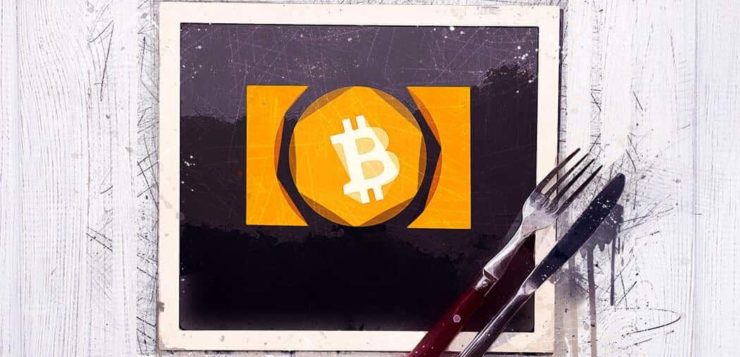Following a rumour by CNBC Trader Ran Neuner saying that Coinbase will soon be revealing its initial public offering, the US-based digital currency received some positive news in relation to last year’s accusation over insider trading.
In August last year, Bitcoin Cash made its official hard fork from the original Bitcoin source code. For investors who kept their coins on exchanges such as Coinbase, the airdrop of forked coins wasn’t initially made available. However, Coinbase promised investors that Bitcoin Cash would be supported by the exchange by the end of 2018. This included the coins they were due at the time of the fork too. However, Coinbase didn’t mention any specific date for adding the currency to the exchange for the reasons surrounding them for adding new currencies.
In the interim, digital currency hit a big bull run saw the total market cap rise from about $200 billion to over $800. On top of this, Coinbase received a new wave of fresh-faced investors which outpace exchange resources, at one point it was even reported to have over 12 million clients which put it above the long-time stock brokerage Charles Schwab.
With the overexposure to digital currency, the bullish fever that had taken over the markets and a new batch of investors resulted in the Bitcoin Cash listing on the exchange in the back end of December last year. Rather than adding the coin in a contained manner, one in which the price remained relatively still in the hours before the listing, Bitcoin Cash surged by nearly double during the 24 hours prior the addition.
As written by Ethereum World News:
“In an internal review conducted throughout this year and released in July, Coinbase claims that no insider trading occurred during the Bitcoin Cash listing, stating that they found no instances of employees or their acquaintances unfairly benefiting from the news. According to documents published on Oct. 23, U.S. District Judge Vince Chhabria from the Northern District Court of California has agreed with the exchange by throwing out a case accusing the exchange of insider trading.”
According to the motion, Jeffrey Berk of Arizona didn’t fully articulate the legal grounds for his claims in the lawsuit. The leading judge on the case dismissed the case before it even got to trial saying:
“Berk fails to describe the scope or content of Coinbase’s duty in anything more than broad generalities. A reader of the Complaint is thus left wondering what Coinbase should have done differently, or why the rollout of Bitcoin Cash would have gone more smoothly had Coinbase done whatever Berk thinks is appropriate.”
What are your thoughts? Let us know down below in the comments!







